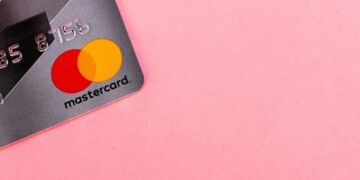Creditors, and debt collectors are bound to the Fair Debt Collections Practices Act. The act regulates the actions of creditors to ensure fair practices. It is important to respond timeously to any lawsuit filed against you by a debt collector. If you do not respond, the court will automatically place a judgment against you.
This may enable debt collectors to garnish your wages, take money from, or freeze your accounts, or put liens on your property. If you are aware that your debt is compounding, or that you have missed payments, consult Fair Credit today and let us help you find the solutions you need!
Repossession And Collateral
Table of Contents
There are times when a debt collector can take your property without suing you first. When a creditor does this, it’s called repossession.
When a debtor takes out a loan, the lender may want to put security measures in place to minimize their risk. This type of security is referred to as “collateral”. A creditor/lender will repossess your collateral if you have defaulted on a debt. Strict rules control what a creditor can—and can’t—take if you default.
In the event that you default on a loan, creditors will try to seize the most valuable possessions first. However, other items of value such as appliances and jewelry might be taken.
Also Read about C.W. Park lawsuit
Types Of Loans And Their Collateral
Mortgages, auto loans and secured personal loans are examples of loans that require some type of collateral.
Items related to the type of loan are generally used as collateral. For example:
- Mortgages – Property/Your House
- Auto Loans – Motor vehicles
- Secured Personal Loans – Money from your credit, or savings account
What Creditor Can and Can’t Take
There are different laws governing each state, but the consensus is that creditors can take:
- motor vehicles, including cars and motorcycles
- rent-to-own items, and
- any secured personal property you pledged as collateral for a debt.
Usually, they can’t take:
- Property that you haven’t designated as collateral
- things you bought with a credit card, and
- property named as collateral in an unenforceable contract.
Bottom Line
The best thing to do, is to avoid getting to the point of being repossessed. Even if this means filing for bankruptcy. It is possible and requires simple healthy habits to rebuild a credit score after bankruptcy, but it can be difficult to get your property back after repossession.
When you receive that first notification regarding missed payments, and a possible lawsuit from a lawyer for collections, make sure to settle the debt as quickly as possible.




















